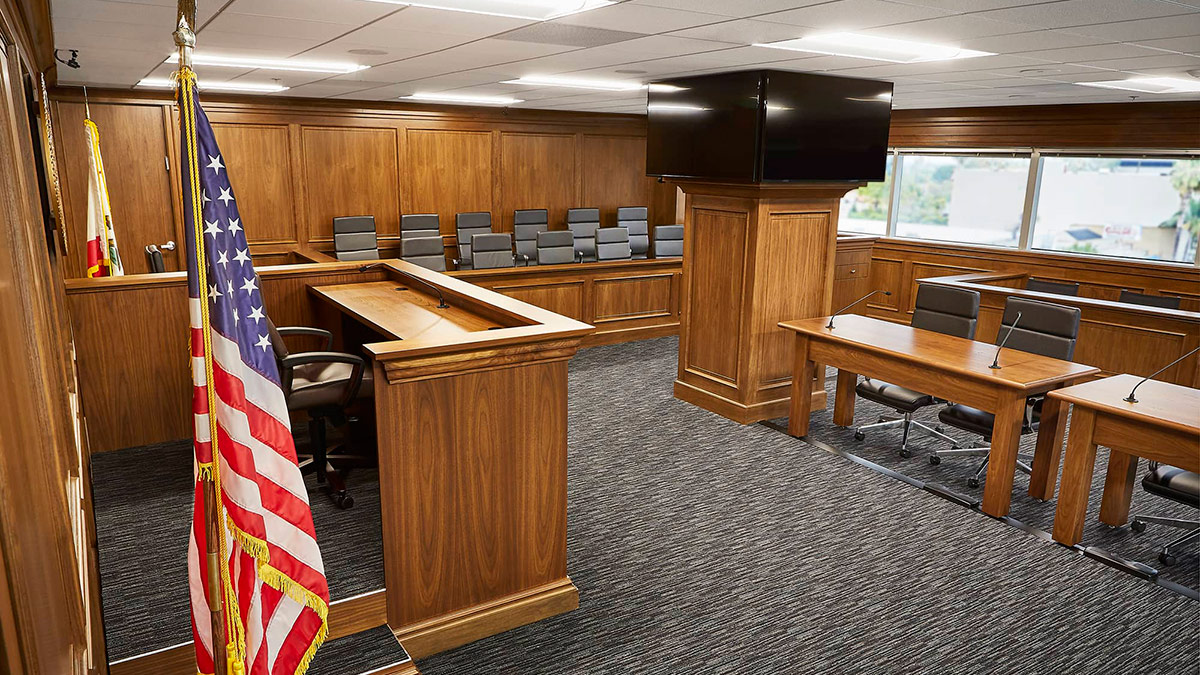Implications of Leadership Decisions in the Camp Lejeune Water Litigation
The ongoing Camp Lejeune Water Litigation in the U.S. District Court for the Eastern District of North Carolina, stemming from the Camp Lejeune Justice Act (CLJA), has sparked intense debates over the court's appointment process for leadership roles. The court's decisions and the subsequent dispute with attorney Roy T. Willey, IV have far-reaching implications not only for this specific case but also for similar large-scale litigations in the future.

Precedence for Leadership Appointment in Large-Scale Litigations
The court's determination to appoint the leadership group without necessarily favoring the initiator of a related class action sets an interesting precedent. Future attorneys in similar massive litigations might take a cue from this and recognize that initiating a class action, while commendable, doesn't automatically earn them a leadership position. Courts will evaluate applications based on experience, capabilities, and other pertinent factors.
The Role of Rule 23(g)(3)
Willey's emphasis on the Federal Rule of Civil Procedure 23(g)(3) has highlighted the complexities surrounding its application. While the court in this instance did not see the necessity to strictly adhere to Willey's interpretation of Rule 23, it did underline that this rule is open to interpretation and discretion. Future litigations might witness more attorneys referencing this rule, debating its intricacies, and how it should be applied in various scenarios.
Ensuring Fair Representation
The court's decision underscores the importance of ensuring that individual plaintiffs' attorneys retain responsibility for their respective cases, irrespective of the leadership group's appointment. This reinforces the belief that large-scale litigations should not infringe on individual plaintiff's counsel's ability to provide input or direction.
Potential for Future Disputes
Given Willey's vocal dissatisfaction with the court's decisions and the hinted possibility of an appeal, it signals that attorneys involved in such litigations are prepared to contest decisions they perceive as unfavorable. This sets the stage for potential future challenges and motions for reconsideration in similar situations.
The Inherent Power of Courts
The court's response reaffirms their inherent power and discretion in managing and expediting cases. Courts can base their decisions on a range of factors, including previous case law and guidelines such as the Manual for Complex Litigation. This assertion serves as a reminder of the autonomy courts possess, especially in handling multifaceted cases like the Camp Lejeune Water Litigation.
Emphasis on Efficient Case Management
The vast number of claims related to the Camp Lejeune Water Litigation demonstrates the importance of effective and efficient case management. The court's choices in leadership reflect a dedication to ensuring that the litigation moves forward smoothly, even amidst disagreements. The emphasis on managing and expediently addressing cases may influence how other courts handle similar large-scale lawsuits.
This Will Impact Future Cases
In summary, the decisions surrounding the Camp Lejeune Water Litigation's leadership roles provide a thought-provoking commentary on the complexities of large-scale litigation management. These decisions are bound to influence future legal strategies, interpretations of procedural rules, and the dynamics between courts and plaintiffs' attorneys. As the legal community observes the proceedings of this landmark case, the ripple effects of its decisions will shape similar cases for years to come.




